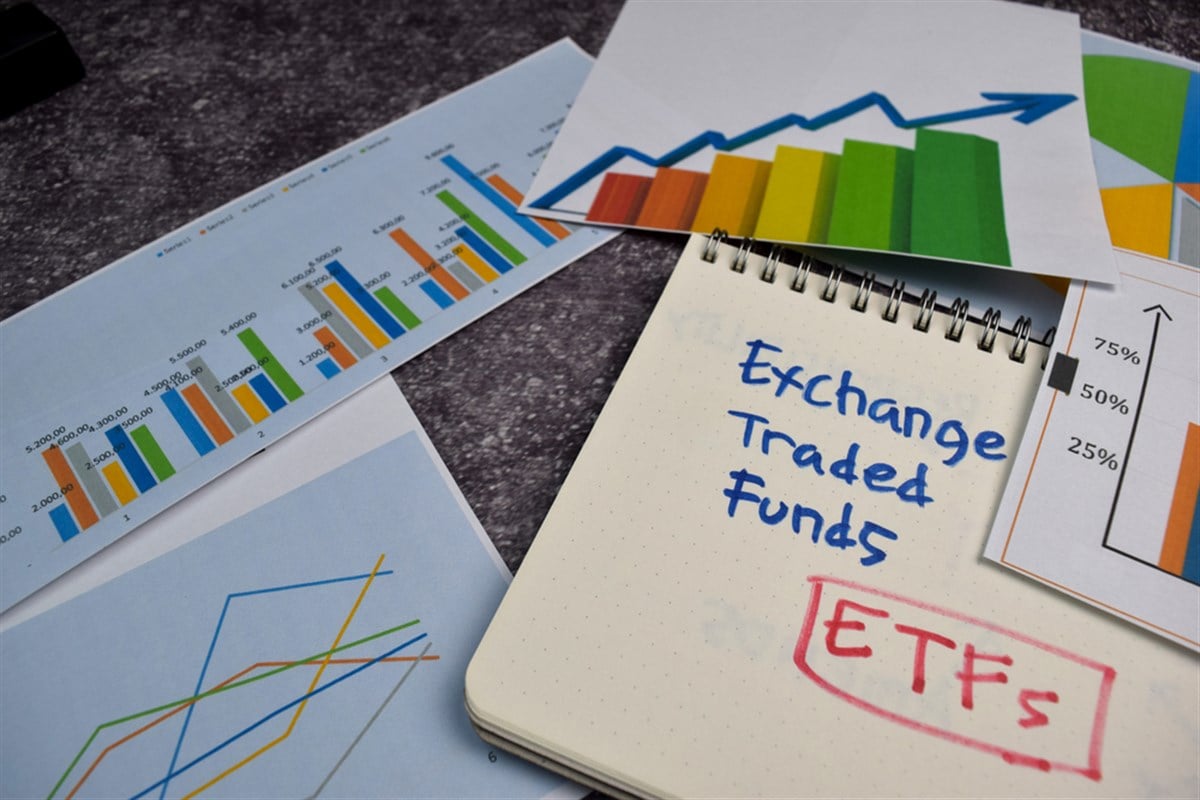
As U.S. interest rates remain elevated and the dollar continues its strong run for much of 2024, emerging market equities have still delivered impressive performances. While trailing behind the S&P 500, the iShares MSCI Emerging Markets ETF (NYSE: EEM) has climbed 5.7% year-to-date. The landscape, however, may be shifting.
Recent economic data from the U.S., coupled with increasing odds of a Fed rate cut in September, have led to a weakening dollar, which is now losing ground against several emerging market currencies. For instance, the South African Rand and Chinese Yuan have posted significant gains against the USD in the past month. This weakening of the U.S. dollar encourages capital movement into emerging markets, signaling a potential broader shift in global economic dynamics.
A few standout ETFs provide diversified exposure to these growing markets for investors looking to capitalize on this trend. Here are three of the most popular emerging market ETFs to consider.
iShares MSCI Emerging Markets ETF: Growth Potential Across Global Markets
iShares MSCI Emerging Markets ETF (NYSE: EEM) is a widely followed ETF designed to track publicly traded equity securities' price and yield performance in global emerging markets, as measured by the MSCI Emerging Markets Index. With a dividend yield of 2.45%, nearly $18 billion in assets under management (AUM), and a net expense ratio of 0.7%, EEM provides diversified exposure to some of the world's most dynamic economies.
Taiwan Semiconductor Manufacturing Co. (NYSE: TSM) is its top holding, accounting for 9.57% of the ETF, followed by Tencent Holdings LTD. Geographically, the ETF offers significant exposure to India (18.9%), Taiwan (18.6%), South Korea (11.7%), the Cayman Islands (11.2%), and China (9.2%), with additional exposure to Brazil, Saudi Arabia, South Africa, and other emerging markets. Regarding sector exposure, EEM is well-rounded, with 28% in Technology, 22% in Financials, 8% in Consumer Discretionary, 6% in Materials, 5% in Energy, 5% in Industrials, and smaller allocations to other leading sectors.
Vanguard FTSE Emerging Markets ETF: Lower Fees and Higher Yields
Vanguard FTSE Emerging Markets ETF (NYSE: VWO) aims to track the performance of the FTSE Emerging Markets All Cap China A Inclusion Index, reflecting the returns of stocks from companies in emerging market countries. As one of the largest emerging market ETFs, VWO boasts $78.3 billion in assets under management (AUM).
Its holdings are similar to those of EEM, with TSM as the largest holding at 8.3%, followed by Tencent Holdings Ltd. Geographically, VWO has the most exposure to India at 23%, followed by Taiwan at 19.7% and China at 10.5%. However, VWO stands out in key areas important to investors: it offers a significantly lower net expense ratio of 0.08% compared to EEM and a higher dividend yield of 3.63%. On the downside, VWO trades with lower liquidity, averaging 9.4 million shares per day, compared to EEM's 27 million. This difference in liquidity and trading volume would only play a deciding factor for investors or traders who require significant liquidity to execute positions frequently without impacting the price and incurring slippage.
iShares MSCI South Africa ETF: Capitalizing on a Strengthening Rand
iShares MSCI South Africa ETF (NYSE: EZA) With the South African Rand strengthening impressively against the USD in the past month—dropping from 18.5 to the dollar in early August to a low of 17.62 by the end of the month—it's worth considering the EZA ETF for investors looking to gain exposure to the South African market.
This ETF tracks the performance of the MSCI South Africa Index, which measures the performance of the South African equity market. The ETF provides substantial sector exposure to Financials (36.5%), Consumer Staples (13%), and Materials (11%). Its top holding is Naspers Limited, a leading multinational internet, Technology, and multimedia holding company, which accounts for over 15% of the ETF's weight. It is followed by FirstRand Limited, a major bank holding company.
The EZA ETF offers a compelling dividend yield of 3.63% and a moderate expense ratio of 0.59%. However, due to its more isolated exposure and smaller market capitalization of just $286 million, the ETF has a much lower average daily trading volume of just 186,000 shares than larger emerging market ETFs.













